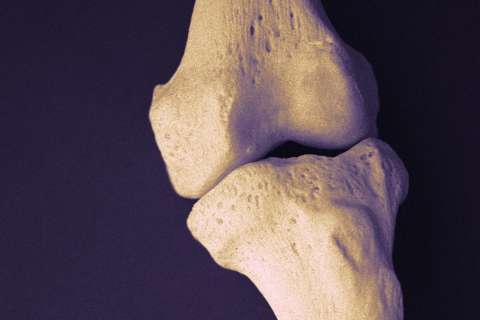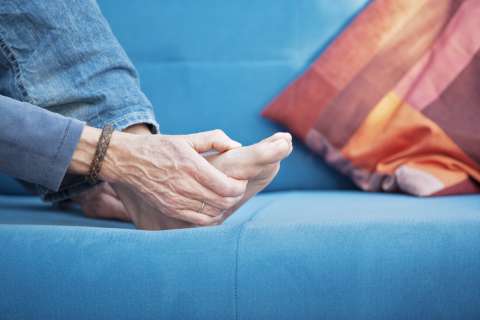Dear Doctors: I heard on the news about a study that says you won’t get as hungry if you eat all of your meals earlier in the day. Does that have to do with the way the body clock works? It seems like circadian rhythms affect everything we do. Can you talk about that, and about this study?
Dear Reader: Your question returns us to the fascinating field of chronobiology. As the word suggests, it’s the study of biological rhythms in relation to the daily cycle of light and dark. While written references to the existence of a “biological clock” date back many centuries, the first known scientific observations on the phenomenon were made in the early 1700s. The modern branch of this science traces its roots to the 1950s, with fruit fly experiments and a few sleep studies. Today, chronobiology is a robust area of research.
What was once known as the body clock has been fine-tuned into the circadian cycle. With hundreds of academic studies in the last few decades, we have learned that the daily 24-hour cycle of light and dark not only influences virtually every biological function, but it also appears to be built into our bodies at the cellular level. Several recent studies have looked into the effects of our bodies’ circadian rhythms on diet and exercise. The latter generated some interesting results, which we’ll write about soon.
Once the lab tests and daily self-reports were analyzed, it turned out that the early eaters felt half as hungry throughout the day as the later eaters. They also burned more calories than the other group did. Those who ate later in the day reported increased cravings for starchy and salty foods. Blood tests revealed that those who ate later in the day had levels of leptin, a hormone that causes hunger, that were 33% higher than in the early eating group. As with all studies, particularly those that are small and brief, further investigation is needed. But the results are certainly intriguing.
(Send your questions to [email protected], or write: Ask the Doctors, c/o UCLA Health Sciences Media Relations, 10960 Wilshire Blvd., Suite 1955, Los Angeles, CA, 90024. Owing to the volume of mail, personal replies cannot be provided.)





